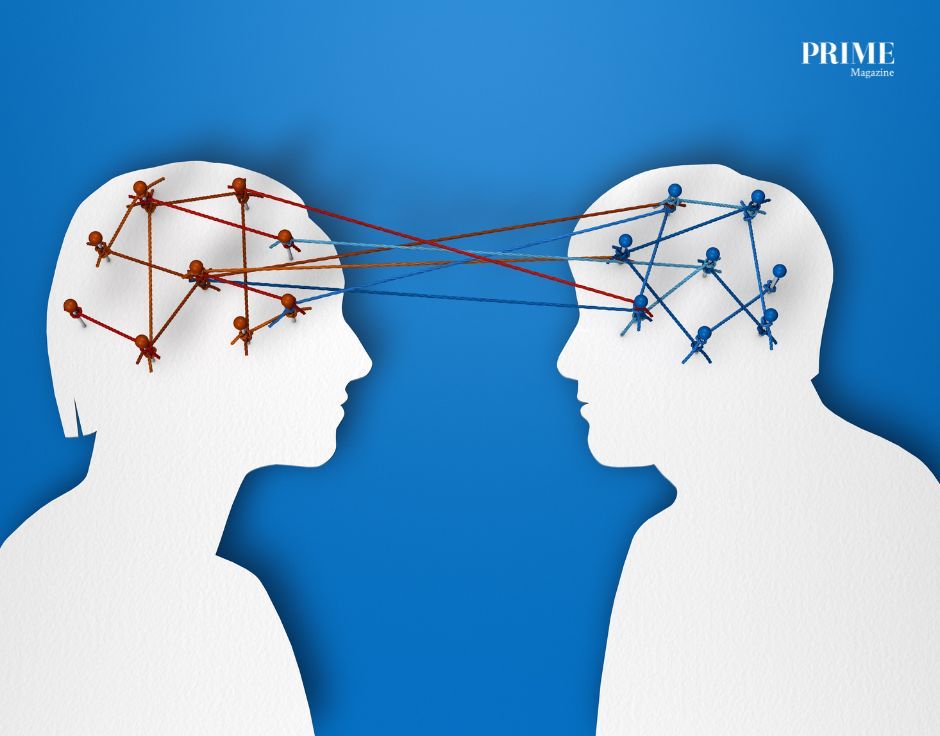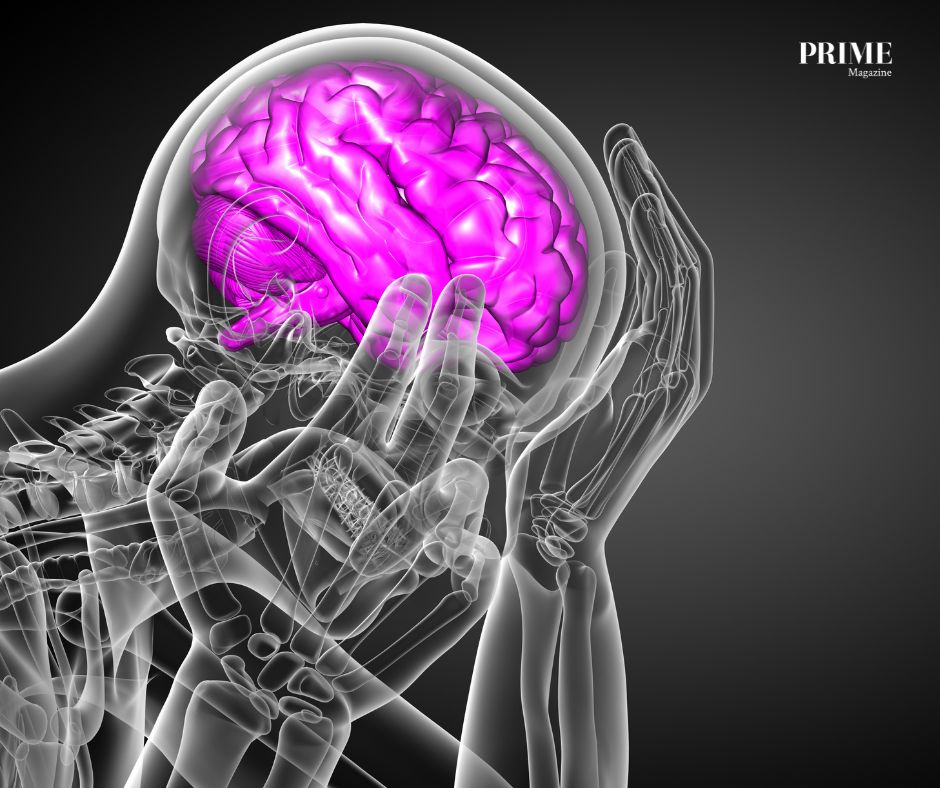
Smelling orange
The psychology of smell is fascinating because our noses guide us in ways we rarely notice. A hint of perfume or the aroma of cookies can instantly transport us back in time. Scents influence how we feel about people, places, and even ourselves – often subconsciously. In this article, we explore the psychology of smell: how scents connect to memory, affect attraction, and even shape cultural attitudes about aging.
The Psychology of Smell and Memory: An Emotional Time Machine
Have you ever caught a scent that instantly brought back a vivid memory? That’s no coincidence. Scientists have long studied the psychology of smell and memory, because the brain processes odors differently from other senses.
Smell signals travel directly to the limbic system – especially the amygdala and hippocampus, which govern memory and emotion. This unique pathway explains why a scent can unleash such strong emotions. The French writer Marcel Proust famously described how the smell of a tea-soaked madeleine triggered a flood of childhood memories.
Everyday life offers similar examples: antiseptic recalling a clinic visit, or the smell of pine wood sparking memories of family gatherings. Studies show odor-triggered memories are often more vivid and emotional than those evoked by sight or sound. This is why the psychology of smell is often described as a time machine for the brain.

Connection of brain and scent in a relationship
The Psychology of Smell in Attraction
The psychology of smell and attraction shows that scent plays a hidden role in relationships. Researchers have discovered that body odor influences preferences at a subconscious level.
In one well-known experiment, women sniffed T-shirts worn by men and chose the scents they found most pleasant. Many preferred the smell of men with different immune system genes (known as MHC genes), which scientists interpreted as a natural drive to promote genetic diversity and healthier offspring.
Another study found that during speed-dating events, people were more drawn to potential partners whose natural scent they liked. Our body odor may carry subtle information about health, hormones, and even fertility. For example, research suggests that women’s scent becomes more attractive around ovulation – a possible fertility signal.
While attraction is influenced by many factors, the psychology of smell reveals that chemistry is sometimes quite literal.
The Psychology of Smell, Aging, and Bias

Connection of brain and scent 3d
Smells also shape social attitudes, especially when it comes to age. One of the most striking examples is the stereotype often called “old person smell.”
Research shows that natural body chemistry changes with age, which may slightly alter scent. However, studies also reveal that negative perceptions of this odor are largely cultural. In one experiment, people rated older adults’ natural scent as less intense and less unpleasant than that of younger adults.
Unfortunately, stigma still plays a role. In Japan, there is even a term (kareishū) for age-related scent, and many older people worry about being judged for it. Yet these changes are normal and not related to hygiene or “decline.” Understanding the psychology of smell and aging helps us challenge stereotypes and treat older adults with empathy.
Cultural views on scent vary widely. In some societies, natural body musk is valued as authentic. In others, deodorizing is the norm. These differences remind us that smell is not simply biological but shaped by culture and perception.

Connection of brain and scent 3d
The Bottom Line: Why the Psychology of Smell Matters
The psychology of smell shows us that scents are powerful guides through life. Smell links directly to memory and emotion, gives us comfort, warns us of danger, and influences attraction in subtle ways. It also shapes how we view aging and cultural differences.
Because smell is deeply subjective, what delights one person may be off-putting to another. Being aware of these biases helps us treat others with more kindness and understanding. In the end, the psychology of smell reminds us that our noses speak directly to both brain and heart – making scent one of the most personal and powerful senses we have. PRIME












Leave A Comment